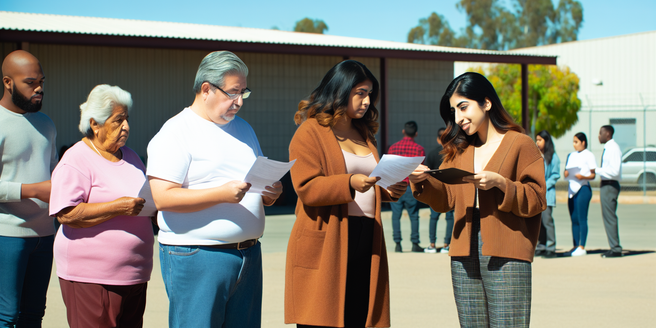Understanding the Welfare System: Essential Facts
The welfare system is a government-supported program designed to help those in financial need. Welfare benefits are usually given to individuals and families who are unemployed, disabled, elderly, or have low-income status. The aid comes in various forms such as food, housing, healthcare, and cash. However, navigating through the process of qualifying and applying for these benefits can be challenging and complex.
Financial Challenges Encountered by Welfare Recipients
A significant struggle for welfare recipients is financial instability. Even though they receive government aid, it barely meets their necessary expenses. Poverty, unaffordable housing, insurmountable debt, and lack of adequate resources for food and healthcare are frequent financial challenges faced by these individuals. The problem is compounded by restricted employment opportunities and low wages.
Mental and Emotional Stress: The Silent Battle
Apart from financial difficulties, welfare recipients experience high levels of mental and emotional stress. The pressure of survival, dealing with bureaucracy, fear of benefit cuts, and the hopeless feeling of being trapped in a cycle of poverty can lead to serious mental health concerns. These include anxiety, depression, and a low sense of self-worth.
Societal Stigma and Prejudices against Welfare Recipients
Many welfare recipients suffer from societal stigma and prejudice. Misconceptions and stereotypes label them as lazy or opportunistic, creating a narrative that portrays welfare recipients negatively. This stigmatization creates an additional layer of stress and difficulty on top of their already complex situations, and may also lead to social isolation and discrimination.
Potential Solutions to Improve the Welfare System
A more efficient, less bureaucratic, and more empathetic welfare system is needed. Amendments in policies to ensure sufficient and timely aid, programs promoting financial literacy, creating avenues for affordable housing, mental health support, and breaking societal stigmas can lead to significant improvements. A combined effort from government institutions, non-profit organizations, and the wider society is necessary to bring about lasting change.
The Way Forward: Future Perspectives
This topic requires continued attention and discussion from policymakers and the public. Understanding the struggles faced by welfare recipients is the first step in creating a more equitable society. It is time we not only acknowledge these struggles, but also actively work towards creating a society where these issues are addressed and resolved, guaranteeing a better future for all.



